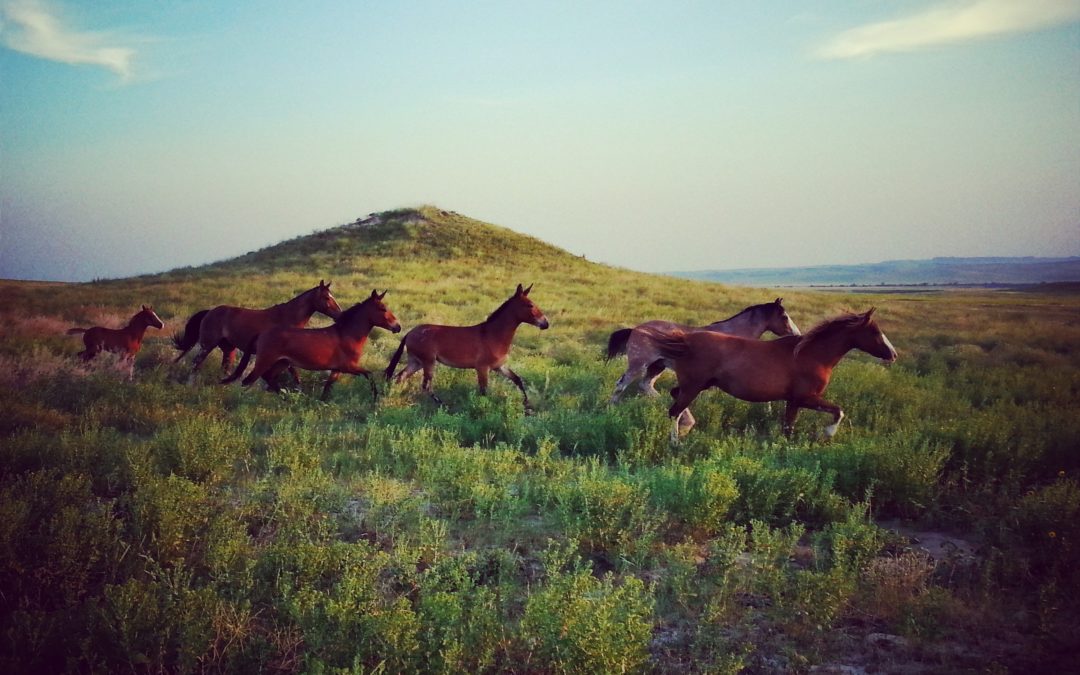Vitamin E and Selenium are involved in many systems within the body. Selenium is a mineral which is important for wound healing, stress tolerance, fetal development, healthy hair coat, and detoxification of drugs and other chemicals. In addition, selenium is critical for proper wound healing and muscle function, as well as preventing infection.
Vitamin E is a natural antioxidant and signs of vitamin E deficiency can be similar to those seen with selenium deficiency. There are several muscular and neurologic diseases which can result from a lack of vitamin E including Equine Motor Neuron Disease (EMND).
The soil in this region of the United States are deficient in Selenium, so forages grown in this area are also generally deficient and as a result equine diets should be supplemented. On the other hand, vitamin E is abundant in green growing pastures but the content diminishes with maturation and especially with harvesting for hay. Since we are unable to graze year-round, this vitamin should also be supplemented in the diet.
Horses who have increased time stalled or in a dry lot are especially prone to low levels of vitamin E and Selenium. Since these nutrients protect the muscle cells from damage and aid in healing, the higher and more intense the exercise program, the greater the requirements. Decreased fertility, neurologic signs, hind-end lameness, lethargy, or delayed healing are some of the many reasons we may recommend checking vitamin E and selenium levels, which can easily be done via a blood sample.
For example, we had a case of a broodmare that was having trouble getting in foal. She was kept on a dry lot and all forages she received were grown on sandy soil. She was in decent body condition and was strictly being used as a broodmare.
Vitamin E Level: 0.67 ug/ml
(Normal: 2-4 ug/ml)
(Performance Horse: 3-4 ug/ml)
Selenium: 136 ng/ml
(Normal: 120-180 ng/ml)
(Performance Horse: 170-180 ng/ml)
We have included this example to show how important all vitamins and minerals are in the diet. Often people hear about some particular mineral or vitamin and they just concentrate on that one element. We must remember that the diet needs to be balanced for everything. Many of the minerals and vitamins work very closely together and feeding one in excess can cause an extreme deficiency in another. If you have any questions or concerns about your horse’s diet, we would be happy to discuss in more detail!

